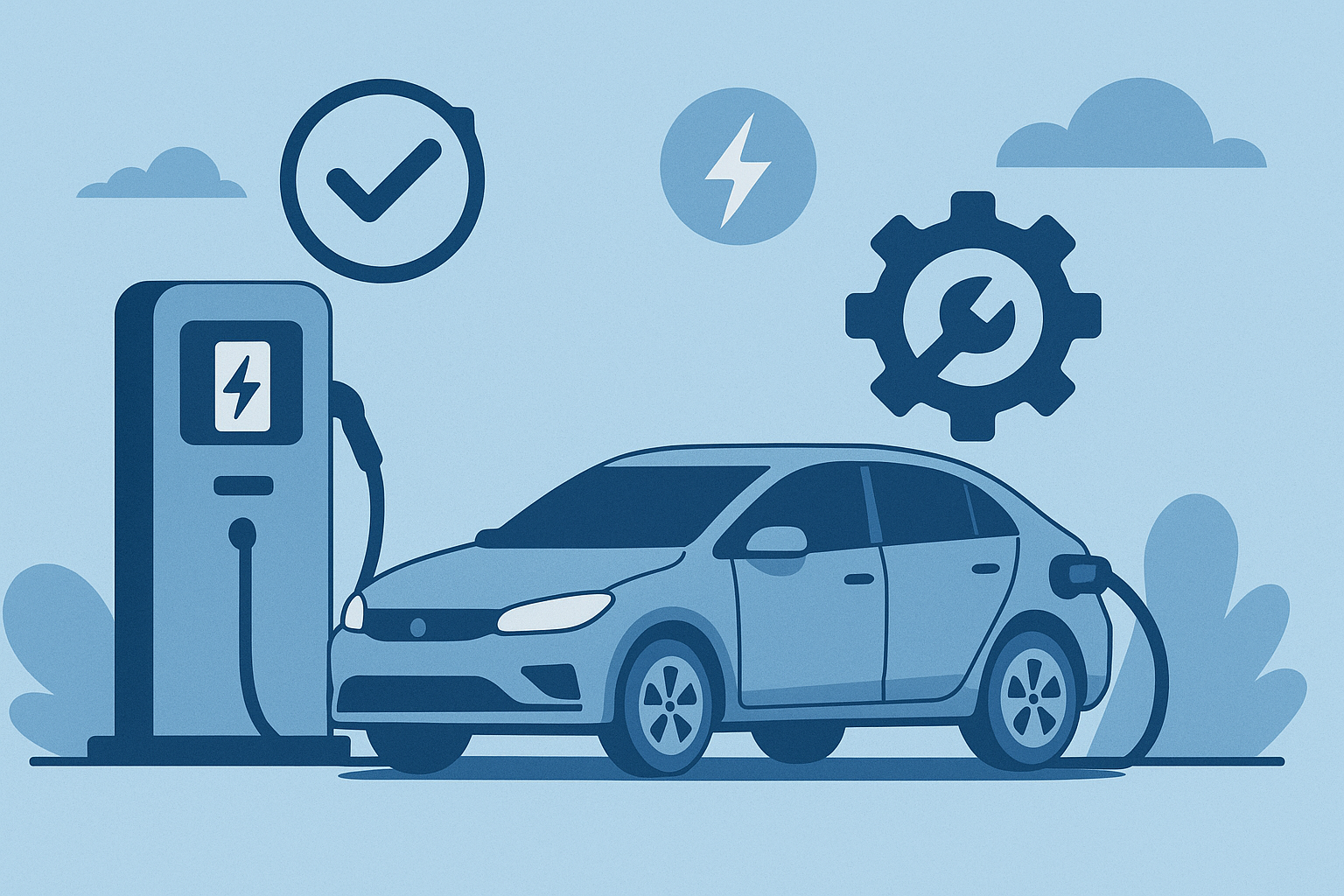Reliability (of EV Charger)

What is the Reliability of an EV Charger?
The reliability of an EV charger refers to its ability to operate continuously and efficiently without failures or interruptions. A reliable EV charger ensures that electric vehicle (EV) owners can charge their vehicles when needed, without facing technical issues or downtime. This is crucial for the overall user experience and the widespread adoption of electric vehicles. Charging stations that are dependable and consistently operational are essential to maintaining trust in the EV infrastructure.
Why Reliability Matters
Reliability is critical for EV Charging infrastructure as it directly impacts user confidence. If charging stations are unreliable or frequently out of service, EV owners may be reluctant to switch from traditional vehicles to electric ones. Consistent uptime, quick charging times, and minimal maintenance are key factors that influence the adoption of EVs. Reliable charging stations help eliminate range anxiety, as drivers can be assured they will have access to functional charging points when required.
How it Works
Reliability is ensured through regular maintenance, real-time monitoring, and advanced fault detection systems. EV charging stations use smart technologies that allow operators to detect and diagnose problems remotely, reducing downtime. Charging stations are also built with high-quality components and undergo rigorous testing to ensure they can withstand heavy use, especially in public or commercial settings.
Key Technologies / Features
- Remote Monitoring: Allows operators to monitor the status of charging stations and perform diagnostics remotely.
- Predictive Maintenance: Uses AI and machine learning to predict when maintenance is needed, preventing unplanned downtime.
- High-Quality Components: Chargers are built with durable materials and components that can withstand frequent use.
- Backup Systems: Many charging stations include backup power systems or energy storage to ensure reliability during power interruptions.
Applications
- Public Charging Stations: Ensuring that public charging stations are consistently available and operational for EV drivers.
- Workplace Charging: Providing reliable charging infrastructure for employees, ensuring that chargers are available during working hours.
- Fleet Charging: Maintaining high reliability for fleet operators who rely on charging stations to keep their vehicles operational.
- Highway Charging Networks: Fast-charging stations along highways that must operate 24/7 to support long-distance EV travel.
Benefits
Reliability ensures that EV owners have consistent access to charging points, which boosts confidence in electric mobility. It helps maintain high service quality, reduces downtime, and enhances the overall customer experience. Reliable charging stations also contribute to the growth and expansion of the EV infrastructure network by ensuring that stations are operational when needed.
Use Cases
Companies like ChargePoint, Tesla, and ABB focus heavily on ensuring the reliability of their charging stations through proactive maintenance and monitoring. In India, the FAME-II initiative is focused on increasing the reliability of public charging networks to meet the growing demand for EV infrastructure.
📌 Callout Box:
The reliability of EV chargers is fundamental to ensuring that EV users have a seamless and dependable charging experience, encouraging the widespread adoption of electric vehicles.




